Investigating SEMA3F in Endometriosis Pathogenesis
Semaphorin-3F (SEMA3F), a protein that plays a role as a tumor suppressor, may control the development of endometriosis, according to a new study published in the scientific journal Gynecologic and Obstetric Investigation. It may do so by affecting the proliferation,…
Key Points Lay SummaryRevisiting the Role of Androgens in Endometriosis Pathology
In In a typical menstrual cycle, the endometrium is regulated by hormones like estrogen and progesterone. After ovulation, rising progesterone levels help the endometrial stroma transform into a receptive state, allowing a fertilized embryo to successfully implant. This process, called endometrial receptivity,…
Key Points Lay SummaryRetrograde Menstruation: Insights from Humans and Non-Human Primates
Vigano et al.from the Academic Center for Research on Adenomyosis and Endometriosis of Milan University, Italy, conducted a comprehensive literature review over a span of 23 years to evaluate retrograde menstruation in both humans and non-human primates, focusing on its role…
Key Points Lay SummaryStem cells may open new horizons in various gynecological disorders
In-Sun Hong, PhD, a researcher in regenerative medicine at Korean Gachon University has published a comprehensive review on the role of stem cells in gynecological disorders in a recent issue of the International Journal of Biological Sciences. Endometrium changes the menstrual…
Key Points Lay SummaryStudy Sheds Light on the Molecular Mechanism of Endometriosis Lesion Formation
The production of a protein called Nucleotide-binding Oligomerization Domain 1 (NOD1) in ectopic mesenchymal stem cells may be associated with the formation of ectopic endometrial lesions, according to a new study published in the International Journal of Stem Cells. This…
Key Points Lay SummaryModeling the feto-maternal interface using pluripotent stem cells
Researchers from Columbia University led by Dr. Mijo Simunovic created a model using which they can study the relationship between the developing human embryo and the endometrium. The findings were presented at the Annual International Medical Conference of the Endometriosis Foundation…
Key Points Lay SummaryA new potential therapeutic target in endometriosis: Galectin-3
The endometrial cells migrate and attach to the peritoneal surface according to the most widely accepted retrograde menstruation theory in endometriosis development. Given that only 10% of women have endometriosis, it is thought that some additional factors contribute to the…
Key Points Lay SummaryA plea from pathologists: standardized protocols for adenomyosis and endometriosis
Pathologist Drs. Camboni and Marbaix from Brussels, Belgium published their comprehensive review on adenomyosis and endometriosis titled “Ectopic endometrium: the pathologists’ perspective” in a recent issue of the International Journal of Molecular Sciences. Endometriosis and adenomyosis are well-known entities as…
Key Points Lay SummaryEtiopathogenesis of Endometriosis and Links with Endometrial Cancer
Professor Terzic and colleagues from the Medical School of Nazarbayev University, Kazakhstan published their review on the molecular aspects of endometriosis and endometrial cancer in “International Journal of Molecular Sciences”. The etiopathogenesis of endometriosis has remained controversial, with recent studies…
Key Points Lay SummaryNot all endometriotic lesions behave similar to the eutopic endometrium
The most widely accepted theory of endometriosis pathophysiology is Sampson’s theory of retrograde menstruation which suggests the ectopic lesions undergo the same hormonal and morphological changes as eutopic endometrium during the menstrual cycle. Recent studies have shown that only a…
Key Points Lay SummaryNon-invasive Construction of Endometrial Organoids
Organoids are 3D culture structures established in vitro and they reflect the aspects of the tissue or the organ they represent. They are seen as important tools in the evaluation of normal development, disease course, and the prediction of the…
Key Points Lay SummaryEndometrial epithelial stem/progenitor cells have links to endometriosis with potential therapeutic research aspects
Dr. Cousins with colleagues from Australia and the USA published their review paper on a not well-known subject, the epithelial stem/progenitor cells of the endometrium. This interesting paper is recently published in the scientific journal named "Frontiers in Cell and Developmental…
Key Points Lay SummaryAutophagy, Endometrium and Endometriosis
Autophagy, or autophagocytosis, is a self-digestion process by which cells recycle non-functional proteins to repurpose them. Unwanted cellular parts in cytosolic material are first isolated within double-membrane vesicles called the autophagosome, which subsequently fuses with the acidic lysosome. Autophagy is a survival…
Key Points Lay SummaryDNA damage response in eutopic endometria of endometriosis patients
The DNA damage response (DDR) is a network of cellular pathways that sense, signal, and repair the lesions occurring in DNA. Surveillance proteins that monitor DNA integrity activate the DNA repair pathways in response to DNA damage and try to prevent the generation of potentially deleterious mutations. Endometriosis is an estrogen-dependent…
Key Points Lay SummaryIt is time for non-invasive tests for peritoneal endometriosis diagnosis
Maria Szubert with colleagues from Lodz Medical University, Poland, investigated the possibility of potential diagnostic biomarkers in the eutopic endometrial tissue from peritoneal endometriosis patients and published their results in the "Journal of Gynecology Obstetrics and Human Reproduction". Currently, diagnostic…
Key Points Lay SummaryCancer-associated mutations and endometriosis
Endometriosis is thought to benign gynecological disease. However, recent studies compiled in this review paper suggest that spontaneous somatic mutations are driven to occur during the cyclic bleeding resulting in endometriosis tissue undergoing repeated tissue injury and repair. Mutations are…
Key Points Lay SummarytRNA-derived fragments in ovarian endometriosis?
Endometriosis is an estrogen-dependent mysterious disorder characterized by the presence of endometrium outside the normal location of the uterus cavity. This disease affects approximately 10% of reproductive-aged women and becomes a major reason for infertility in reproductive-aged women and dysmenorrhea…
Key Points Lay SummaryThe genetic mutations in uterine adenomyosis
Adenomyosis is defined as the localization of endometrial stromal and glandular cells in the myometrium. This disease is a reproductive-aged women disease, like endometriosis. Additionally, adenomyosis is frequently observed together with endometriosis and leiomyomas due to common histological features and…
Key Points Lay SummaryThe role of microbiota in the etiopathogenesis of endometriosis
Endometriosis is an estrogen-dependent disease that is commonly diagnosed in reproductive-aged women. Although many advanced types of research about the etiology, differential diagnosis and treatment have been performed, it still remains an enigmatic disease. Dr. Bedaiwy, a scientist and physician…
Key Points Lay SummaryEndometrial single cells to contribute preexisting endometriosis.
Endometriosis is an estrogen-dependent inflammatory disease. This disease affects approximately 10% of reproductive-aged women and 20% to 50% of infertile women. Multiple hypotheses have been proposed for the origin of endometriosis. Retrograde menstruation is believed to take part by the…
Key Points Lay SummaryA link between endometrioid ovarian carcinoma and endometriosis.
Ciavattini et al.from Polytechnic University Ancona, Italy create a pilot study which recently published in Oncology Letters to clarify the link between endometriosis and endometrioid ovarian cancer. The unfolded protein response (UPR) activity as a promoter of neoplastic progression of malignancies is…
Key Points Lay SummaryIs the mystery for progression of endometriosis hiding out in abnormally located endometrial cells?
This prospective study was conducted by Hapangama et al. in Research İnstute of the University of Liverpool, UK, and the results have recently published in the Journal of Human Reproduction. The authors hypothesized that abnormally located endometrial basalis-like (SSEA1/nSOX9+)cells could be contributing to…
Key Points Lay SummaryDoes the presence of endometriosis increase the risk of gynecologic malignancies?
Endometriosis shares common risk factors with endometrial carcinoma and ovarian carcinomas such as obesity, type 2 diabetes, hyperestrogenism, and reproductive characteristics. Endometriosis is also known to be a risk factor for gynecologic malignant tumors. In this study, Li et.al. have…
Key Points Lay SummaryWhat clinicians know about adenomyosis? Any association with severe endometriosis?
Dior et al. from the Royal Women's Hospital in Parkville, Australia, designed a prospective study to assess the association between severity of endometriosis and sonographic evidence of adenomyosis (SEOA) in their recently published article appearing in The Journal of Minimally…
Key Points Lay SummaryFighting with endometriosis
Maduro M.R. reviewed three separate studies on potential new targets to successfully manage endometriosis in her recent paper titled “Novel Strategies to Fight Endometriosis” published in the journal Reproductive Sciences. In the autotransplantation rat model of Torres-Reveron et al., the…
Key Points Lay SummaryCatching Endometriosis Early
Li et al., a group primarily from Sun Yat-sen University in the People’s Republic of China, recently published an article titled “Endometrium metabolomic profiling reveals potential biomarkers for diagnosis of endometriosis at minimal-mild stages” in Reproductive Biology and Endocrinology. The…
Key Points Lay SummaryNon-coding RNAs in endometriosis
The pathophysiological mechanisms causing the development of endometriosis, which is a heterogeneous disease remain enigmatic, and a lack of effective biomarkers necessitates surgical intervention for diagnosis. Non-coding RNA (ncRNA) molecules, which are important regulators of cellular function, have been implicated…
Key Points Lay SummaryEndometriosis From an Epigenetic Lens
Samadieh et al. from the Royan Institute for Reproductive Biomedicine, recently published an article in Reproductive Sciences titled “Epigenetic Dynamics of HOXA10 Gene in Infertile Women With Endometriosis.” In this paper, the researchers wanted to observe HOXA10 gene expression in…
Key Points Lay SummaryEndometrial stem cells and Endometriosis
Human endometrium is a cyclically proliferative tissue, and this monthly regeneration is likely mediated by endometrial stem (or progenitor) cells.The upper functional layer of the endometrium breaks down and is shed into the uterine cavity during menstruation. Re-epithelialization and repair…
Key Points Lay SummaryEnhanced UGT1A1 Gene and Protein Expression in Endometriotic Lesions.
The estrogen plays an essential role in endometriosis. Lately, it is becoming evident that, besides the circulating levels of estrogens, the balance of synthesis versus inactivation (metabolism) of estrogens by intralesional steroid-metabolizing enzymes also determines the local net estrogen availability.…
Key Points Lay SummaryThe endometrial stem cell markers notch-1 and numb are associated with endometriosis.
The pathological mechanisms of endometriosis are still poorly understood. However, stem cells have been candidates of interest because of their high proliferation potential and their ability to differentiate into multiple lineages, contributing to characteristic traits of endometriosis. Also, previous studies…
Key Points Lay SummaryInhibition of Histone methyltransferase for fighting endometriosis
Although the histone methyltransferase EZH2 and its product H3K27me3 are well studied in cancer, little is known about their role and potential as therapeutic targets in endometriosis. It has been previously reported that the endometriotic lesions are characterized by global…
Key Points Lay SummaryProgesterone resistance can cause endometriosis
Progesterone is a steroid hormone produced by the corpus luteum of ovaries. Abnormal progesterone signaling (i.e., progesterone resistance) in the endometrium has been implicated in the establishment of eutopic and ectopic endometrial implants. Several causes for faulty progesterone signaling have been…
Key Points Lay SummaryBiomarkers as a Diagnostic Tool
Ahn, Singh and Tayade discuss the difficulties and delay in diagnosing Endometriosis in their paper titled “Biomarkers in endometriosis: challenges and opportunities.” Thus far research has identified a multitude of potential biomarkers that are found in various parts of the…
Key Points Lay SummaryDNA methylation changes in endometrium during the transition from pre-receptive to receptive phase
The endometrium is unique in that it undergoes remarkable changes during menstrual cycle under the control of hormones, estrogen, and progesterone. The function of the endometrium is crucial for embryo implantation, during which the endometrium is receptive around a week…
Key Points Lay SummaryGlycodelin and altered endometrial function in endometriosis
A laparoscopic examination is the only diagnostic tool for endometriosis to date. Since the procedure is invasive, there has been much effort by researchers to develop a biomarker for non-invasive diagnosis of endometriosis. To this end, there has been growing…
Key Points Lay SummaryHormonal Contraceptives and Endometriomas
Hormonal contraceptive has recently become a popular choice of birth control for many women. The European Journal of Obstetrics & Gynecology and Reproductive Biology recently published an article entitled “Incidence of ovarian endometrioma among women with peritoneal endometriosis with and…
Key Points Lay SummaryThe Endometrium Itself is Genetically Different in Endometriosis Patients
Researchers in China identified a number of genes that are differentially expressed in the eutopic endometrium of women with endometriosis and those without. The researchers think that these genes may be involved in the development of endometriosis and that they…
Key Points Lay SummaryScientists Grow Miniature Model of Human Endometrium in the Laboratory
Researchers in the U.K. managed to grow a miniature functional model of the human endometrium in the laboratory for the first time. These so-called organoids could help scientists better understands events associated with conditions such as endometriosis and help them…
Lay Summary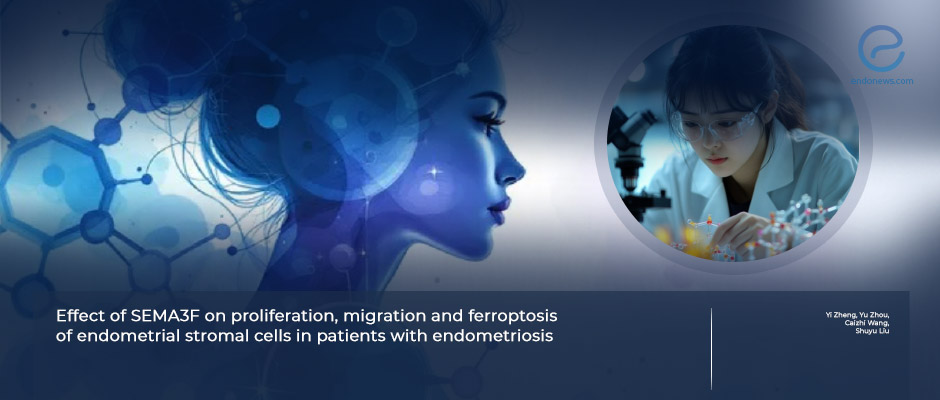
 By Özge Özkaya
By Özge Özkaya
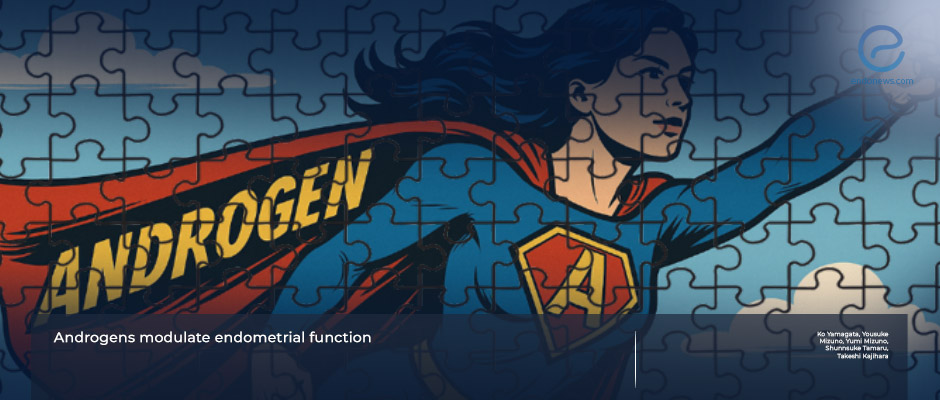
 By Selma Oransay
By Selma Oransay
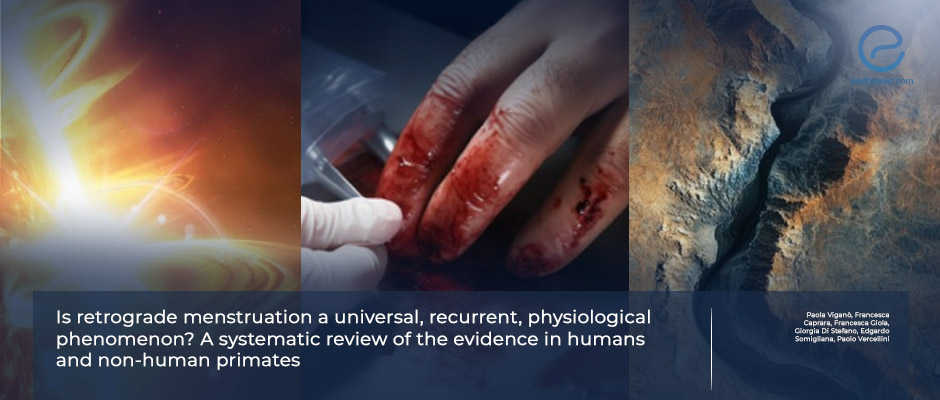
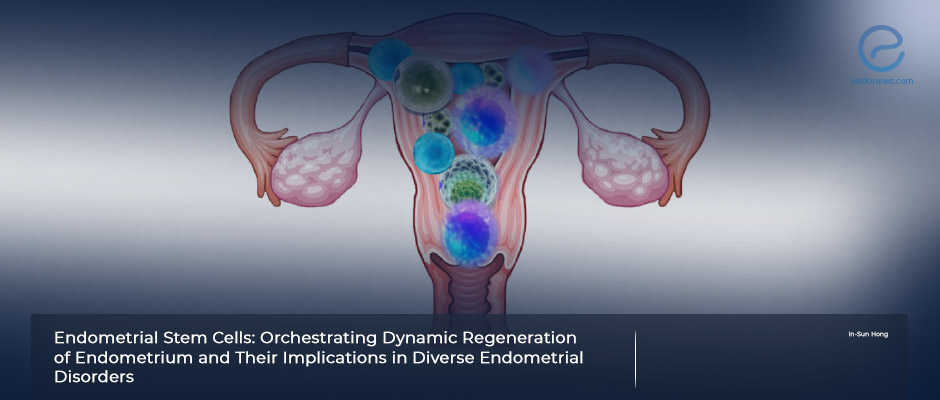
 By Nasuhi Engin Aydin
By Nasuhi Engin Aydin



 By Eylül GÜN
By Eylül GÜN






 By Dr. Youngran Park
By Dr. Youngran Park



 By Ellen Tumimbang
By Ellen Tumimbang


 By Hale Goksever Celik
By Hale Goksever Celik





 By Serdar Balci
By Serdar Balci


 By Irem Onur
By Irem Onur

 By Kasthuri Nair
By Kasthuri Nair
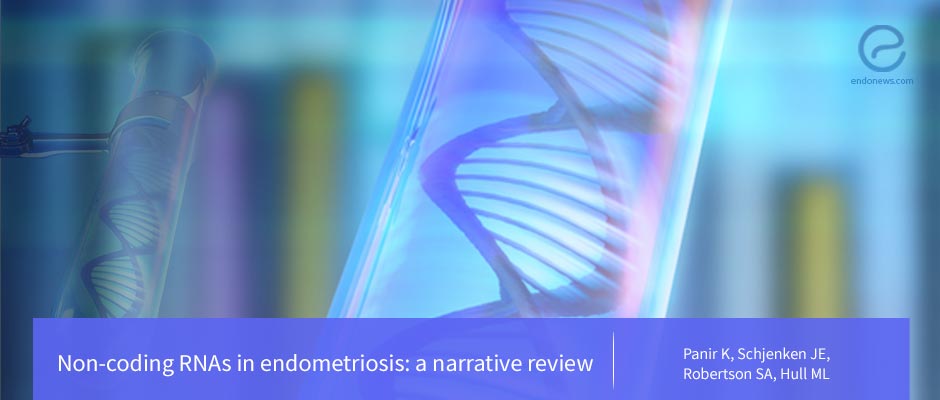






 By Demet Candaş Green
By Demet Candaş Green
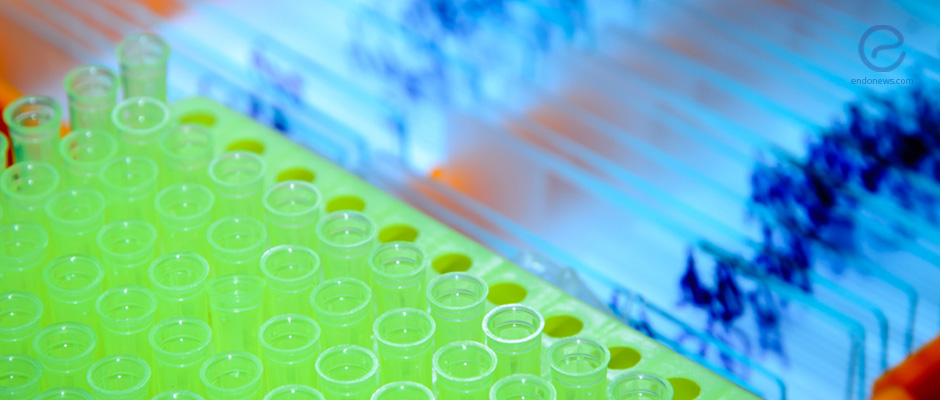

 By Yu Yu
By Yu Yu



